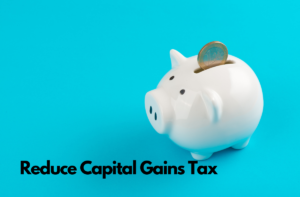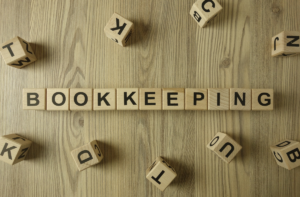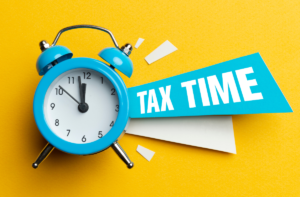
What method should you use to manage your business’ books…?
What method should you use to manage your business’ books…?

Cash accounting
Any cost, sale or transaction is only recorded in your books once the payment had been made.
This is a simpler method for accounting, and suits smaller businesses, especially those that mainly have cash transactions.
However, it doesn’t show any money you owe others, or vice versa.
Accrual accounting
Expenses and sales are recorded when they take place, not when the payment is made.
This allows you to keep track of how much you owe others, and how much others owe you. This suits business that don’t get paid immediately, and that deal with contracts or large sums of money.
However, accrual accounting is more complicated and requires a deep understanding.
If you aren’t sure which one suits you best, get in touch with us today!
All information sourced from business.gov.au
Featured Articles
Key information on work from home deductions…
Fixed Rate For the 2023–24 income year, you can claim 67 cents per hour for working from home. This rate …

Starting a business? You’ll need to choose a business structure…
If you are starting a business, it’s important to choose the right business structure to suit your needs. As your …

Reducing capital gains tax
Did you know you can reduce your capital gains tax (CGT) bill by offsetting your capital gains with capital losses? …

Bookkeeping for small businesses
Why Bookkeeping Matters for Small Businesses: Organizing Information: Bookkeeping helps organize financial data, making it easier to understand and analyze. …

Growing your superannuation
Personal Super Contributions: You can boost your super by adding your own personal contributions directly to your super fund. If …

Lodging your tax return
A tax return is a document you submit to the tax authorities (such as the Australian Taxation Office, ATO) that …

Own an investment property? Implement this from the get-go to make taxation easier…
Don’t make the mistake of going into an investment without thinking about taxation. Let’s say your property is being used …


